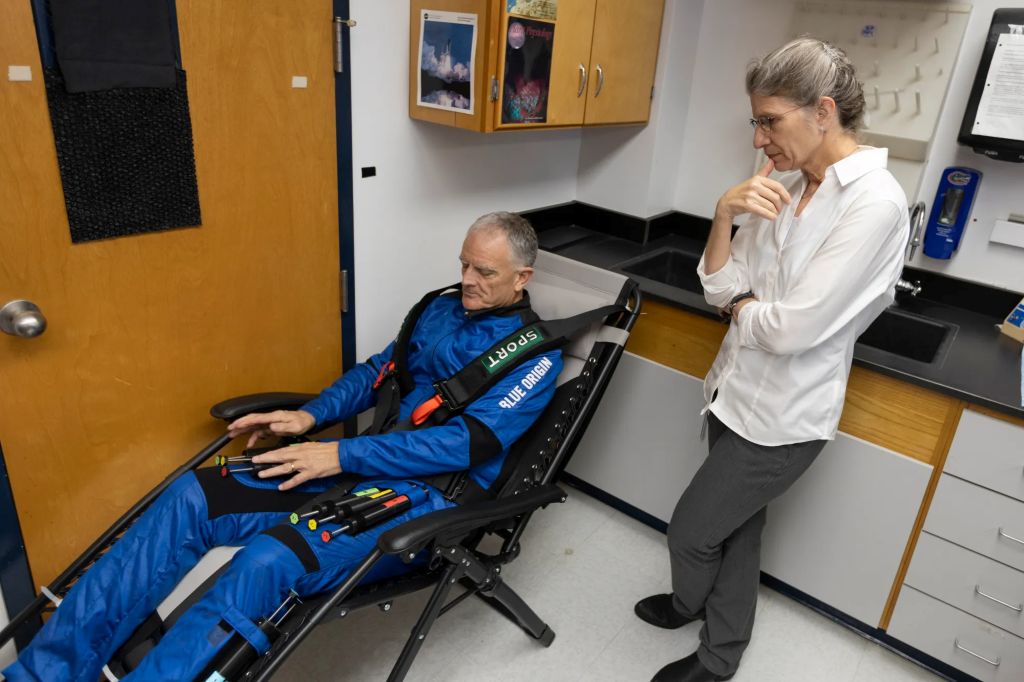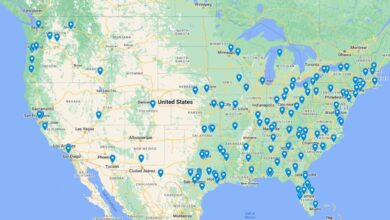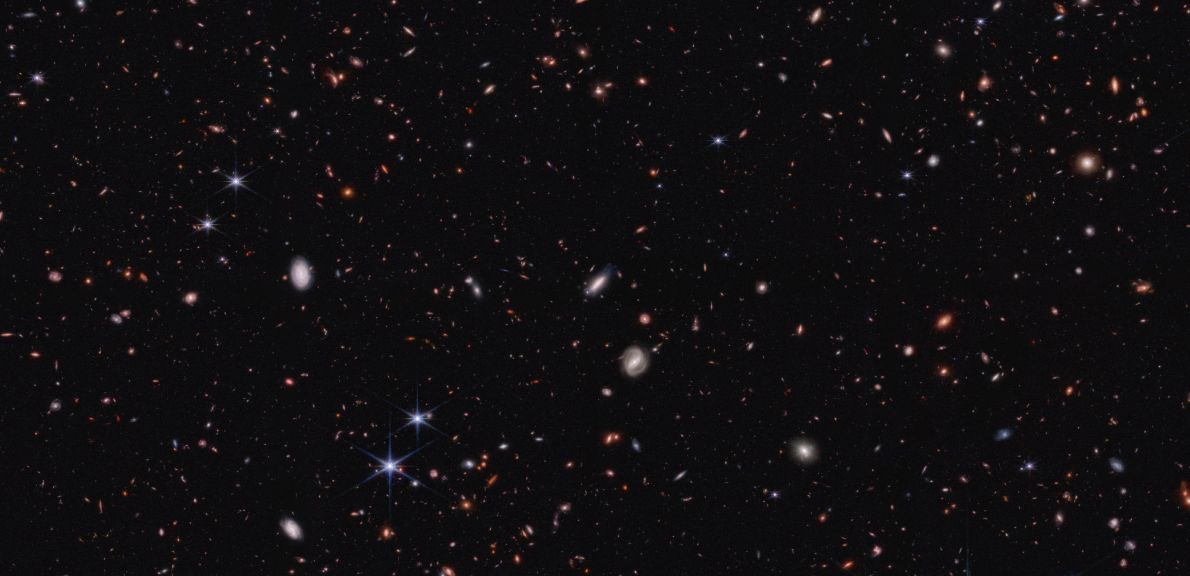First NASA-Supported Researcher to Fly on Suborbital Rocket

For the first time, a NASA-funded researcher will fly with their experiment on a commercial suborbital rocket. The technology is one of two NASA-supported experiments, also known as payloads, funded by the agency’s Flight Opportunities program that will launch aboard Blue Origin’s New Shepard suborbital rocket system on a flight test no earlier than Thursday, Aug. 29.
The researcher-tended payload, from the University of Florida in Gainesville, seeks to understand how changes in gravity during spaceflight affect plant biology. Researcher Rob Ferl will activate small, self-contained tubes pre-loaded with plants and preservative to biochemically freeze the samples at various stages of gravity. During the flight, co-principal investigator Anna-Lisa Paul will conduct four identical experiments as a control. After the flight, Ferl and Paul will examine the preserved plants to study the effect of gravity transitions on the plants’ gene expression. Studying how changes in gravity affect plant growth will support future missions to the Moon and Mars.
The university’s flight test was funded by a grant awarded through the Flight Opportunities program’s TechFlights solicitation with additional support from NASA’s Division of Biological and Physical Sciences. This experiment builds on NASA’s long history of supporting plant research and aims to accelerate the pace and productivity of space-based research.
The other Flight Opportunities supported payload is from HeetShield, a small business in Flagstaff, Arizona. Two new thermal protection system materials will be mounted to the outside of New Shepard’s propulsion module to assess their thermal performance in a relevant environment, since conditions will be similar to planetary entry. After the flight, HeetShield will analyze the structure of the materials to determine how they were affected by the flight.
Flight Opportunities, within NASA’s Space Technology Mission Directorate, facilitates demonstration of technologies for space exploration and the expansion of space commerce through suborbital testing with industry flight providers. Through various mechanisms, the program funds flight tests for internal and external technology payloads.
To learn more, visit: https://www.nasa.gov/space-technology-mission-directorate/





